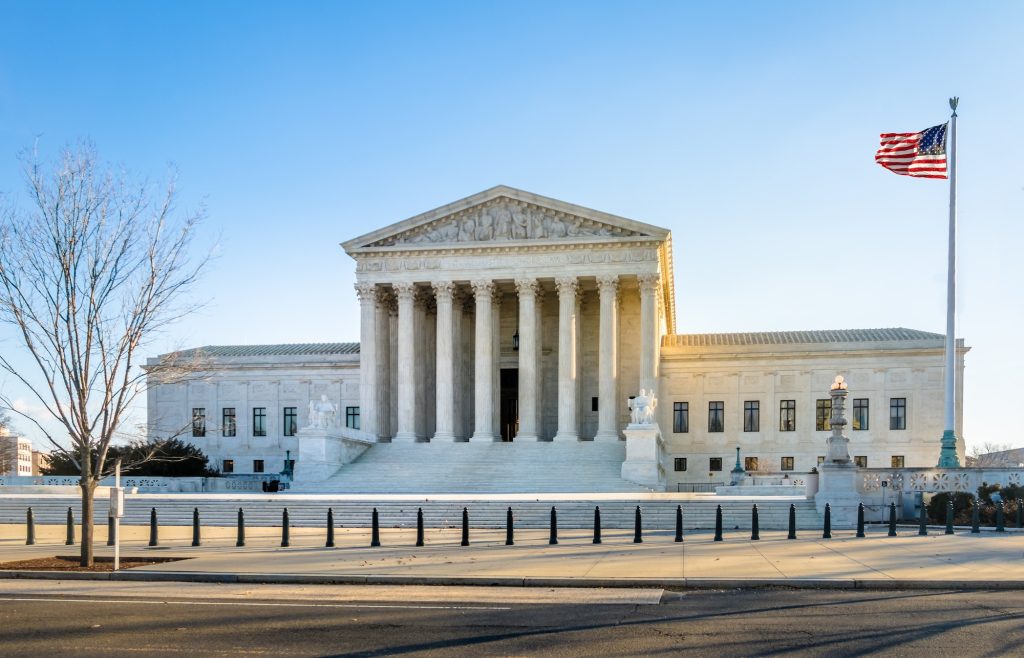US Immigration officials under scrutiny for using fake social media profiles
Documents obtained through an open records request reveal that DHS immigration agencies have discussed creating aliases and undercover online accounts to research individuals, including those seeking immigration benefits.

Newly obtained documents have revealed that immigration officials in the United States have been using fake social media profiles to monitor and investigate individuals, including those seeking immigration benefits.
The documents show that several Department of Homeland Security (DHS) agencies, including Customs and Border Protection (CBP) and Immigration and Customs Enforcement (ICE), have discussed the use of aliases and fake online accounts, even in violation of social media platforms’ terms of service. They do not specify which online platforms were involved, but using aliases and fake profiles, even by government agencies, often violates the terms of service agreements on platforms like Facebook.
In addition to using fake accounts, the documents suggest that the DHS collaborates with external government entities and private companies, raising concerns about the potential sharing of people’s data. These revelations will likely raise alarms among civil rights groups, as the DHS agencies already possess a vast surveillance network for tracking migrants and occasionally US citizens.
Why does it matter?
This revelation comes amid increasing privacy concerns, especially as law enforcement agencies monitor online activity and collect data often without proper legal authorisation. It exposes a paradox in a time when countries are increasingly concerned about potential social media misuse and are actively pursuing measures like the EU DSA and the UK Online Safety Bill to hold platforms accountable for terms of service violations. Allowing law enforcement to bypass these terms under the pretext of national security and investigation needs may raise questions of selective enforcement.

